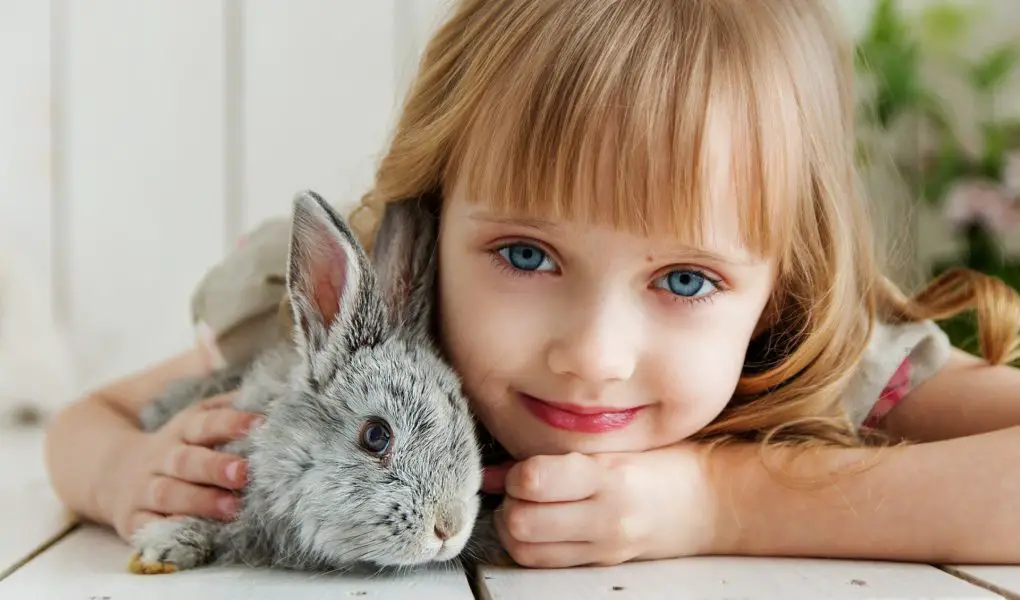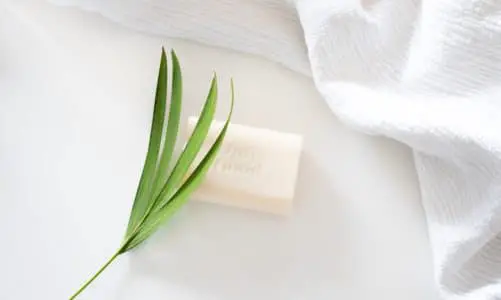People often assume that what is safe for them should be safe for their pets too, especially since strong bonds develop and the act of sharing becomes a natural outflow of that relationship. Did you know that sharing your favorite chocolate bar with your pet rabbit can be fatal? Who would have thought that even common foods such as garlic, onion, and avocado are toxic to rabbits? You would be well advised to take a cautionary approach when it comes to using essential oils around your bunny since the jury is still out on the matter.
Remember that essential oils are potent plant extracts. The high concentrations of compounds contained in these extracts should not only be used with thought and care in humans but also where pets are concerned. If you want to treat your bunny holistically, do so under the watchful eye of a veterinarian that has knowledge of natural therapies that include essential oils. In this article, we list the essential oils that are bad for rabbits and also reveal one essential oil that passed the test for safety.
Why essential oils are bad for rabbits
Pets in general are more sensitive to essential oils. First, consider that rabbits are small animals with low weight. They also have different detoxifying enzymes than us. Their smaller liver may not be able to deal with the same quantities of essential oils as ours, topically or diffused. Exposure to the tiny dispersed essential oils when diffused may overwhelm their smaller livers and cause toxic side effects.
Animals rely heavily on scent for survival and to locate food. The concentrated aroma of diffused essential oils may cause great stress and irritation for rabbits because of their acute sense of smell.
What essential oils are bad for rabbits?
Generally, rabbits should not be exposed to essential oils as home remedies, either through skin contact, inhalation, or digestion. These oils are usually only used in diluted form to disinfect the home or deal with fungi.
Interestingly a 2019 study evaluated skin irritation of (English lavender essential oil) Lavandula angustifolia in rabbits and found that it was nontoxic. However, in this study, only a 10% ointment formulation was used which supports the fact that concentrated essential oils should always be diluted. In this case, 10 grams of essential oil was added to 100 grams of petroleum jelly.
The following essential oils are considered toxic to rabbits:
- Tea tree oil
- Anise oil
- Clove oil
- Oregano oil
- Wintergreen
- Cinnamon Oil
- Citrus Oil
- Eucalyptus Oil
- Pennyroyal Oil
- Peppermint Oil
- Pine Oil
- Sweet Birch Oil
- Ylang-Ylang Oil
Watch out for these symptoms of essential oil toxicity in rabbits
- Behavior changes
- Depression
- Skin irritation
- Low body temperature
- Disorientation
- Muscle weakness
- Hypothermia and collapse
- Vomiting
- Diarrhea
- Seizures
Last thoughts on essential oils that are bad for rabbits
If you have small pets in the house, it is best to stop using any of the essential oils that are harmful to rabbits. Use a diffuser in areas your rabbit does not frequent and only in well-ventilated spaces. Never apply essential oils directly to your bunny, because self-grooming may result in oral exposure. Watch out for any of the signs of toxic exposure which may alert you to take action and call a vet immediately. In the end, remember that prevention is better than cure.
Others enjoyed these articles too:
Watch out! These houseplants are toxic to rabbits.
16 Houseplants rabbits can eat.
These simple, yet effective essential oils repel Japanese Beetles.
What are the signs of essential oil toxicity in dogs?
What are the symptoms of essential oil toxicity?
Cautionary note & Disclaimer: Sunny Life Mag is a digital magazine for entertainment. The articles published are not here to diagnose or treat any animal health or medical conditions. Not any of these statements have been evaluated by the Food and Drug Administration or any veterinarian. Please consult a veterinarian with any animal health concerns you might have.
Affiliate Disclosure: Some of the links that appear on this site are affiliate links. We may receive a small commission when you make a purchase. These commissions help to improve this site and to fund further research. The buyer does not pay any commission whatsoever but is an arrangement between the supplier and this site. Our selection of products is carefully curated and includes only those products we believe in.
Image by Anastasia Gepp from Pixabay




